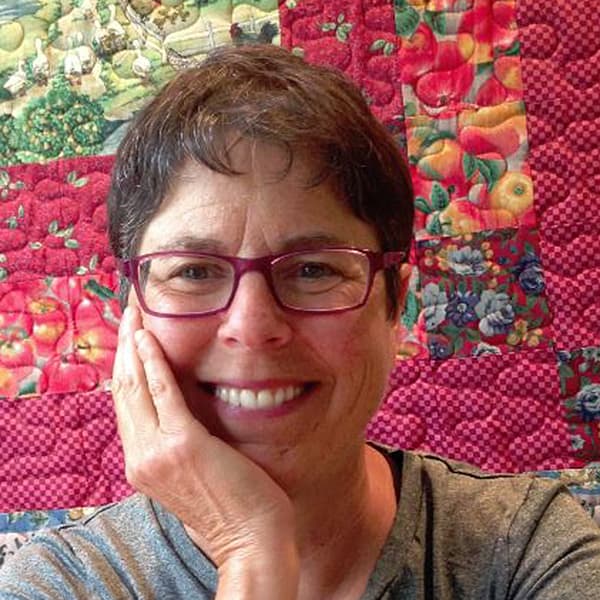Advertisement
Ruth Lewin, Hungarian Immigrant Transformed Trauma Into Humanism
Resume
On the cusp of WWII, Ruth Lewin was living with her widowed father and a Communist housekeeper in Jewish Vienna. She was just an adolescent, her grandson, Josh Lewin, remembers, when the knock on the door arrived: young soldiers, early Nazis, making rounds.
“And the way I understood the story — and I believe that’s probably because the way it was told to me at first, simplifying for a child — was that the housekeeper pulled pictures of Hitler out of wherever … and said, ‘Heil Hitler, we love Hitler. No Jews here, never, of course not!’ So they left, satisfied.”
That was how the first telling went. Then, Josh heard the second.
“What really happened, I found later, was she said, ‘Heil Hitler, I’m no Communist, I’m with Hitler. These are Jews here, you probably know that.’ So, she wasn’t going to lie. But she said, ‘they support Hitler, too, and they’re good to me, and you can’t come to these people’ — and the young soldiers were so confused that they left.”
By the time the soldiers realized they had overlooked human contraband, Ruth and her father had fled: first to Italy. Then, through an uncle, to Cuba and, eventually, through a patron, to New York. These generosities shaped her life view, she told her grandchildren:
“I’m only alive because of the kindness of others, and because people wouldn’t look away. You don’t have to be saving lives, but you need to never look away.”
She was both an optimist and a stoicist. She passed the optimism onto her family, but kept the stoicism to herself.
“Even though she was so happy, at least in appearance,” Josh recalls, “it’s important to know how difficult her life really was and not forget that.”
In America, she learned English, married, worked with her cancer-researcher husband, had a family. Then, early hardships grew harder: her husband died, her son struggled. When circumstances required her grandchildren to enter foster care with relatives in Springfield, Mass., she visited every weekend.
“She would cook the same thing every time — London broil," Josh said. "That’s not good steak, but she somehow made it delicious. She was very economical!"
She was also very moral.
“Had she not taught us about the Golden Rule and about race and women and respect and opportunity, and life and death and love, nobody was going to tell us that,” said Josh. “And we would have just been another three kids whose parents didn’t do a very good job. I think about that every day.”
Ruth’s humanism extended beyond family. After her oncologist husband died of cancer, she became a social worker for hospice.
“You asked me what I missed,” Josh mused. “I don’t miss anything except for in very short and acute moments. Because she gave us everything.”
The kindness of others saved her. After that, she could not look away.
To nominate someone for remembrance, please email remember@wbur.org.
This segment aired on June 28, 2017.
